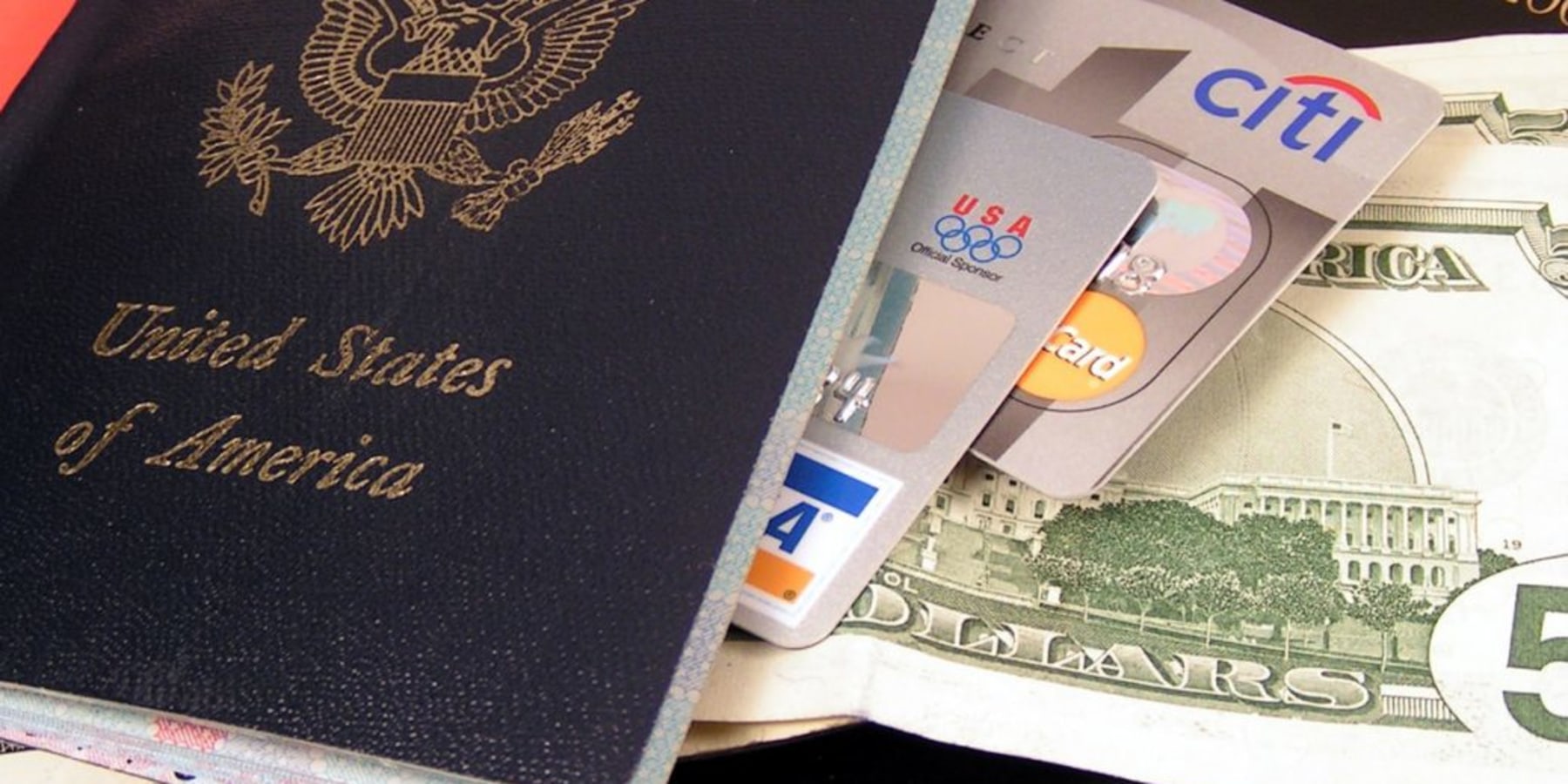
Have your Documents in order.
The most basic thing you need to do is to have all the required documentation that you need for departure and re-entry to and from international destinations. Most African countries that you visit will require a passport, in the very least. Obtain a legal passport well in advance, allowing time for passport photos and delivery times. In addition, many countries will require visas for entry and departure. Visit the relevant websites to find out about visas and required immunizations.
Learn About the host Country.
Know the laws in each country you plan to visit, including driving laws, alcohol consumption and unique legal restraints on behavior. These could include clothing if visiting strict Islamic countries, or even things like chewing gum in public. Know that visitors are not exempt from laws that govern ordinary citizens in the country you are in. Have contact information for embassies in case you get into trouble. Research all the places you would like to visit during your Safari and plan a schedule that allows for each one. You can always change it as you go, but having a plan will ensure that you do not miss out on the important sites that you are interested in experiencing.
Medical Insurance.
Check with your health insurance provider to see if you are covered for medical emergencies while abroad. If visiting countries with national health provisions, do not assume that you will be treated at no cost. It is unlikely that you would be turned away for medical care, but you may be held responsible for the associated costs. If necessary, purchase health insurance that would cover you if you need medical attention while traveling.
Find out about any restrictions.
Find out ahead of time what items are allowed or prohibited to bring into the country you are visiting. There are often limitations on the amount of currency you can bring, so find out the limits ahead of time. Be aware of restricted items for carrying onto an airplane, and pack prohibited items such as weapons or liquids in your checked baggage. Be sure to declare them if required.
Employ common-sense approach to personal safety.
Always take safety precautions when traveling to Africa. Refrain from accepting rides from strangers, and keep all valuables in a safe at your hotel. Know which areas are considered to be high crime regions of a city, and avoid them, especially at night. Carry as little cash as possible, and be willing to give up your purse or wallet to spare injury or assault. Make sure your bank and credit card provider know that you are traveling internationally, and have their phone numbers stored electronically for easy access in case of theft.
Blend with the locals.
If at all possible, try to blend in with the locals and avoid looking like a tourist. Store maps on your cell phone in order to attract less attention, and dress in the generally accepted fashions for the city. Never take a taxi that is not a recognized transportation mode, and ask for rates ahead of time.
Learn a few local words.
Nothing spells “tourist” more than a complete inability to converse in the native language. It is not necessary these days to learn the entire language, when there are a multitude of translation devices available. Bring along a handheld electronic translator or a dictionary. Locals will in the very least appreciate your efforts to communicate with them in the local dialect. Use the ideas here to plan well for your African Safari, then relax and enjoy the experience of traveling to Africa. You will likely bring home memories that will last a lifetime.

